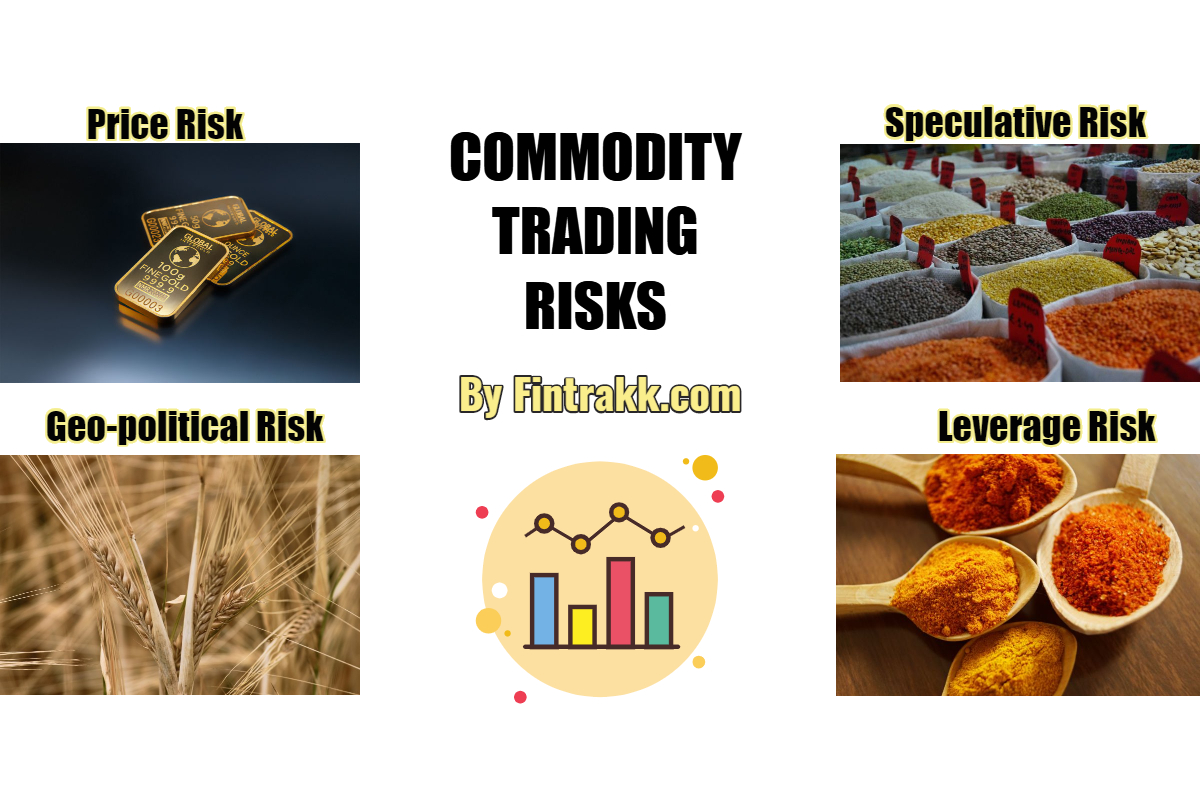The trading market has been one of the most volatile and versatile markets that we can think of. As you can analyze, how we all have moved so much from the traditional trading methods and items. Now there are so many more financial instruments and buckets wherein one can trade and earn the respective gains. Commodity (like food, meat, energy, metal, etc.) has been a part of our everyday life ever since from ancient times.
Nowadays, we can trade in these commodities as well. The commodity trading platform is one of the newest trading instruments in the market and has been ever-expanding since. Before getting into the technical details lets understand the basics.
What is Commodity Trading?
Commodity trading in simple terms is trading the commodity in the market. This interesting concept has been age-old wherein the first trade started off as a “barter system” i.e. “exchanging products”. Commodity trading is a re-designed version of the barter system wherein individuals come together on a regulated market platform to bid their gains and losses on the pricing of an underlying commodity.
You can trade in commodities like metals, crude oil, natural gas, agriculture produce, livestock and meat, etc. Choosing the right and best commodity broker is equally important when it comes to trading.
And, we all know any investment made in the market is exposed to risk which then ultimately determines the gains and losses. Similar risks are attached to the said trading as well.
Commodity Trading Risks
Some of the most common commodity trading risks are:
1. Price Risk:
With on-going changing market conditions and non-stop shifting demand and supply lines, price is moving continuously. Thus, the parties to the contracts always have the risk to match their pre-determined pricing and contract clauses. Also, the price movement for one commodity can be different from others. Hence, understanding the price volatility is a must in determining the investment plan.
The classic example is the price trend of gold is different from rice or wheat.
2. Geo-political Risk:
We have a diverse globe and each area specializes in one or more commodities (Like India is known for its spices). But the access and exchange of these commodities are generally regulated by the government allies and agreement. For the smooth functioning of the trade inter-government relationship should be favorable. Any significant political decisions and changing policies can impact the on-going trade market. Further, these policies also form a crucial part in deciding the nature of business.
The best example to highlight this point is the America & China trade war or the BREXIT.
3. Leverage Risk:
These days investment made in hedge funds to mitigate risk is very common. Many investors hedge 100% of their funds. Due to price volatility, the price can shift during the hedge period which can cause unplanned losses to the parties.
For example, someone agreed to buy 10 bags of rice at 10$ (entered a hedge agreement). But, the price at the end of the agreed period the price dropped to 5$ only.
4. Unforeseen Risk:
Complying with an agreed term involves not only the willingness of both the parties, but have many other internal factors and requirements to comply with.
- These factors can be operational Like how the products would be delivered, paperwork preparation, or
- Natural forces like flood, earthquake or a Pandemic like Corona Virus.
Taking the example of the global scenario and impact of COVID-19 wherein many of the countries went into lockdown, some with no transit facility to comply with the agreed trading terms. We can’t even imagine the robust challenges each trade agreement would have been facing and ultimately the heavy losses on the same.
These kind of unexpected risks pose big threats to the trading activities in a country as well as the world economy.
5. Speculative Risk:
As the complete market depends on speculation wherein all the traders invest based on their assumed future pricing or development. Thus, it’s another very common commodity risk. Hence, before investing one must understand the market conditions and the factors influencing the present and the future trade features.
Commodity Risk Management
You may have noticed that many of these risks are unavoidable or such risks cannot be removed completely. However, these risks can be minimized by being well-prepared in advance.
You can adopt the below steps to minimize the commodity risks to some extent:
- Figure out the complexities in the market in light of the exposure period (the agreement period)
- Go through the Risk Management Matrix to determine the elements impacting the commodity the most to the least.
- Try and mitigate the risk like by getting into derivative trading or other ways that you deem fit based on your analysis.
These useful steps might help you to better approach the gains or losses on your investment. An individual must make an extensive review of the current and prospective market conditions and review the behavioral aspects of each investment decision. It’s not simple, but the same can be done through following regular trading news and matching and verifying the historical graphs and numbers.
You may also like: Best Discount Brokers in India
Disclaimer: There is a high degree of risk involved in trading. The details given on this website are for informational purpose only and cannot be constituted as professional advice in any regard. Please follow due diligence while investing your money.
Commodity trading is exposed to a lot of risks. And, you know about the major ones now! You can’t become a specialist in handling the prominent or any hidden commodity risks, but having a brief idea can guide your investment way. Don’t you think so? Feel free to discuss.

